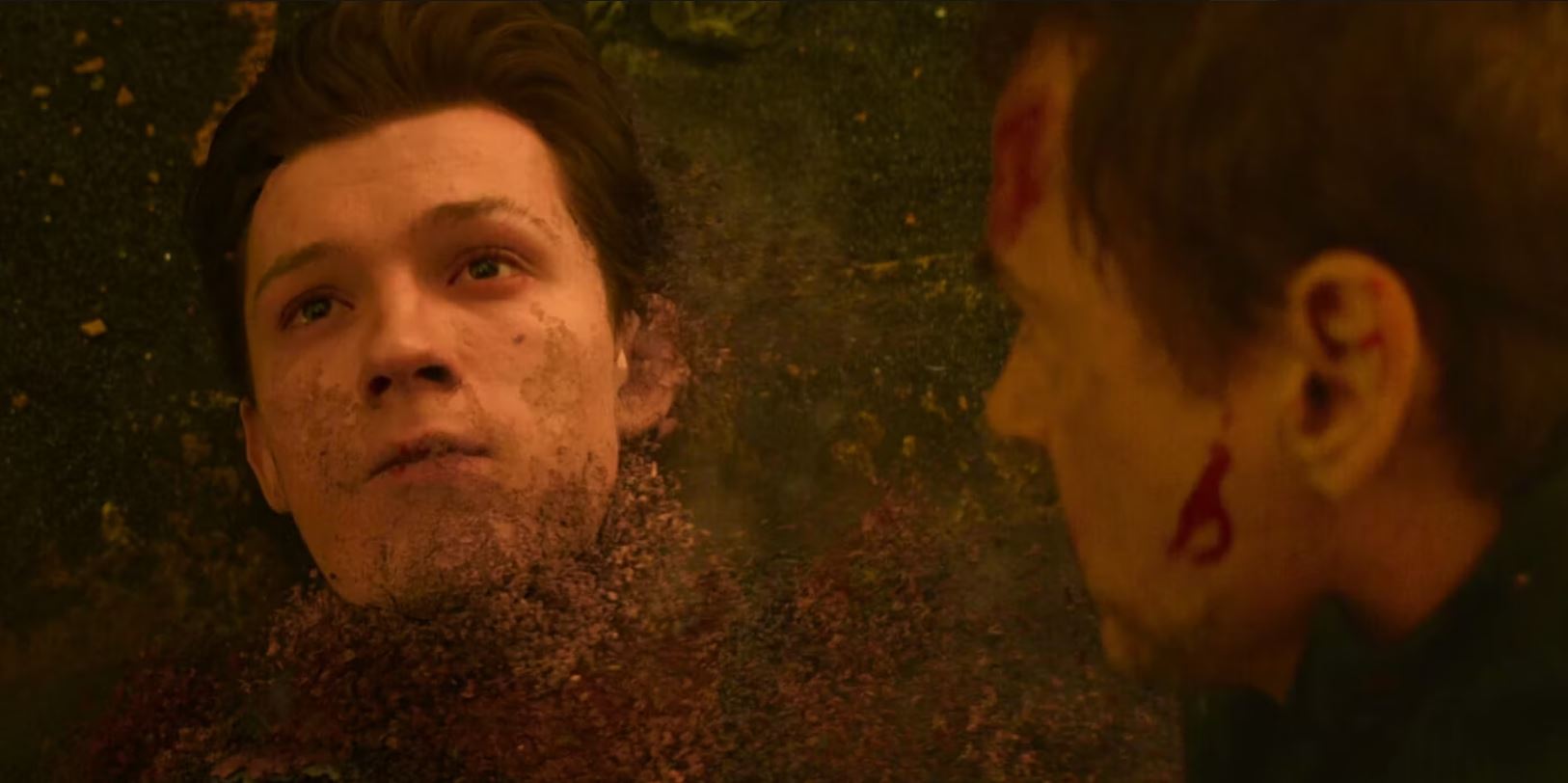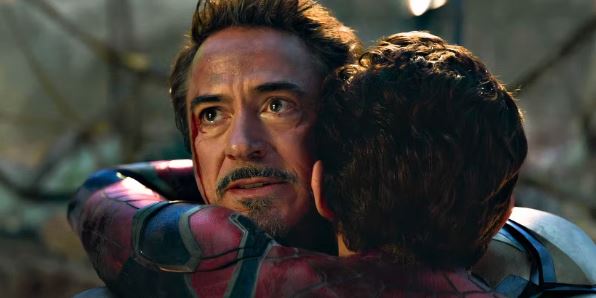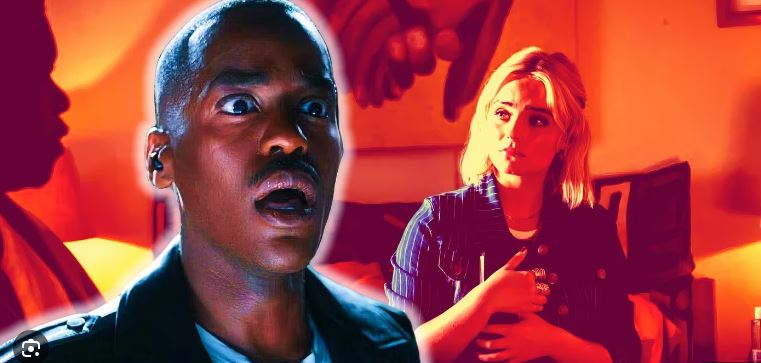Doctor Who season 14’s two-part finale brought to mind a legendary tale from the Marvel Cinematic Universe, but I found the long-running British sci-fi show to be seriously lacking in its homage to the MCU in one key area. Although Doctor Who’s Disney era technically kicked off with David Tennant’s return as the Fourteenth Doctor, Ncuti Gatwa’s run as Fifteen is what truly marked the beginning of a new story. While Doctor Who season 14’s ending was arguably a higher-stakes affair than that of the MCU tale I felt it was mirroring, Marvel executed the original plot far more effectively.
I was concerned when Disney signed the deal to co-produce Doctor Who with the BBC. Thankfully, I really enjoyed Gatwa’s first season as the Doctor. The MCU, owned by Disney, has gone through a rough patch since the end of the Infinity Saga, so I didn’t want one of my favorite shows to experience the same decline. While that didn’t happen, and Doctor Who season 14 is a massive improvement on the Chris Chibnall era that preceded it, Sutekh’s comeback in the two-part finale did force me into making another strong MCU connection outside the studio that produced both projects.
Sutekh’s Death Wave Was A More Extreme Version Of Thanos’ Snap In Avengers: Infinity War

Doctor Who & the MCU both turn their unfortunate characters to dust
Doctor Who season 14 was a stealth sequel to a Tom Baker story all along, bringing back Sutekh from the show’s classic era for Gatwa’s first epic conclusion. Sutekh’s Death Wave, helped along by the countless landing sites of the Doctor’s TARDIS through the centuries, managed to end essentially all life in the universe. Sutekh’s motivation to extinguish all living beings is particularly nefarious, and while it doesn’t line up with Thanos’ intentions in 2018’s Avengers: Infinity War, I found myself comparing the two villains’ actions in their respective franchises.
Sutekh’s actions are far more nightmarish, as there’s no trace of altruism.
Of course, Thanos’ ultimate goal is to preserve life in the universe, thinning out its sprawling population by 50% with the snap of his fingers while wearing the Infinity Gauntlet. He’s not framed as a textbook villain, as his extreme solution is for what he claims to be the greater good of the universe and its dwindling resources. If he’d wanted to, I have no doubt Thanos could have achieved with the Gauntlet what Sutekh did with his Death Wave – which snuffed out all life across the universe. Sutekh’s actions are far more nightmarish, as there’s no trace of altruism.
The Doctor Reversing Sutekh’s Death Wave Didn’t Come With Any Cost
Iron Man’s heroic sacrifice is what made the Avengers’ victory against Thanos so emotional
The Doctor’s heroics almost never cause him any pain, with the most commonplace side effect being the Time Lord’s regeneration cycle being triggered. If there was ever a storyline that could have perfectly accommodated the Doctor losing someone as penance for saving the universe, I think it was in the Doctor Who season 14 finale. Sutekh was formidable, and the Doctor turning the villain’s power against him for the “Death to Death” gambit was an inspired – if not a little consequence-free – writing choice by Russell T Davies. The finale should have taken even more inspiration from the MCU.
In 2019’s Avengers: Endgame , key characters are lost for good while carrying out the complex and life-threatening scheme to bring back those who Thanos had Snapped away.
Sutekh’s actions in Doctor Who seemed as permanent and hopeless as the results of Thanos’ victory in Infinity War. What I find so much more rewarding and realistic in the MCU is that the Avengers’ plan, one movie later, demanded much more risk and sacrifice than its Doctor Who counterpart. In 2019’s Avengers: Endgame, key characters are lost for good while carrying out the complex and life-threatening scheme to bring back those who Thanos had Snapped away.
After Black Widow’s death, and the risk of losing Bruce Banner while using the gauntlet, the danger appeared to be over. Then, the heartbreaking loss of Tony Stark brilliantly compounded the gravity of the situation. In Doctor Who’s season 14 finale, I never really felt any real sense that any of the main characters would perish while enacting their universe-saving plan. Like Endgame, I knew Doctor Who wouldn’t allow the villain to remain victorious, but the Doctor’s triumph was too perfect given the dire circumstances.
Doctor Who Season 14’s Ending Avoided The MCU’s Confusing “Blip” Phenomenon

The Doctor brought back almost everyone in the universe at once
The Blip in the MCU is a term used to describe the five-year period between Thanos’ Snap, and Bruce successfully restoring everyone who was lost. Tony’s instruction to Bruce to bring, “Everyone who Thanos Snapped away five years ago” with the specific caveat of “To n ow, today,” resulted in all those restored being five years younger than they would have been if they hadn’t been Snappedout of existence.
While most of the main characters did avoid falling to Thanos’ plan, key figures like Spider-Man and Black Panther did not.
While most of the main characters did avoid falling to Thanos’ plan, key figures like Spider-Man and Black Panther did not. I always found it annoying having to mentally work out the age disparity between the Blipped and those who remained. The one advantage Doctor Who’s Sutekh resolution has over Endgame is that Sutekh killed almost everyone in the universe rather than just 50% of the population. As a result, the Doctor’s plan restored all of Sutekh’s victims together, and they were all the same age as they were when they vanished.
The Doctor is so well-traveled through time and space that, to use an MCU term, I just see him as one big Blip.
Of course, I’m aware that the Doctor, Mel, and Ruby would all have continued to age while almost everyone else was dead. However, their status as time travelers has already thrown their native ages off-kilter. For example, Ruby may be 19 in 2024, but in the distant futures and pasts she’s visited, her relative age to her origin point becomes almost meaningless. The Doctor is so well-traveled through time and space that, to use an MCU term, I just see him as one big Blip.
Doctor Who’s Sutekh Two-Parter Had A Different Kind Of Cliffhanger

Avengers: Infinity War chose to leave the story in a much more hopeless place (& it worked better)
Infinity War and Endgame are just as much of a two-part finale as the final two episodes of Doctor Who season 14. When longer stories such as these are being told over more than one installment, it’s vital to choose the most suitable place to place the traditional cliffhanger. Personally, I think the Avengers made a much better decision than Doctor Who in this regard. Doctor Who season 14’s penultimate episode, “The Legend of Ruby Sunday” ended with the Sutekh reveal. As someone who’s not that familiar with the show’s classic era, I found it interesting but ultimately underwhelming.
I think the ending of “The Legend of Ruby Sunday” would have been far more effective if Sutekh’s Death Wave had been unleashed, meaning I’d have had to wait a whole week to see how the Doctor would fix it. Infinity War followed this formula brilliantly, with the Avengers losing the battle against Thanos and triggering a year-long wait to see how events panned out. Doctor Who’s cliffhanger put too much emphasis on Sutekh’s return, whereas the Marvel Cinematic Universe’s Infinity Wars wisely focused on the uphill battle ahead for the Avengers.
